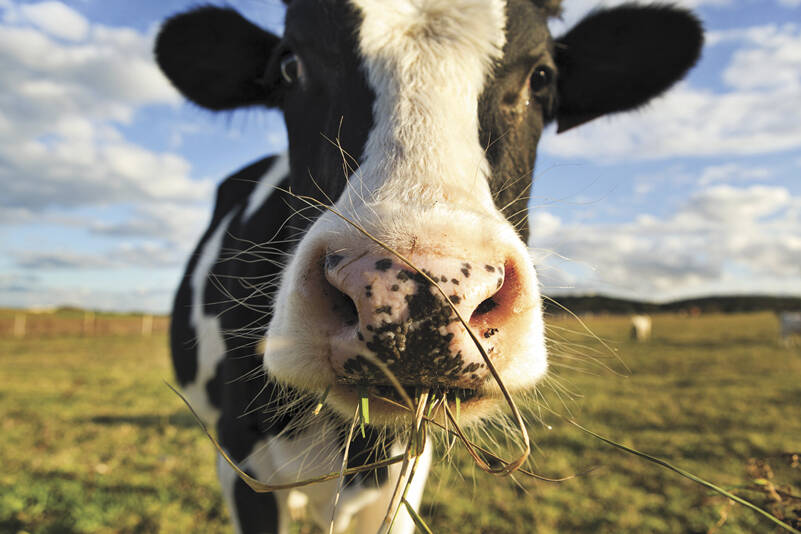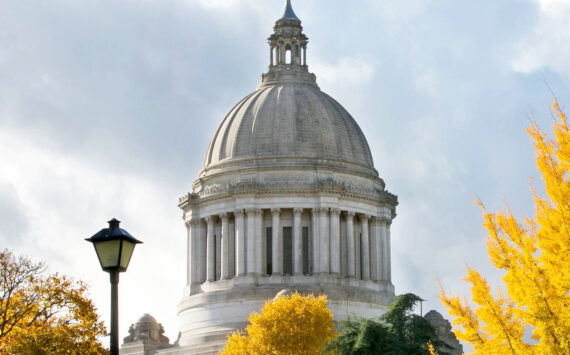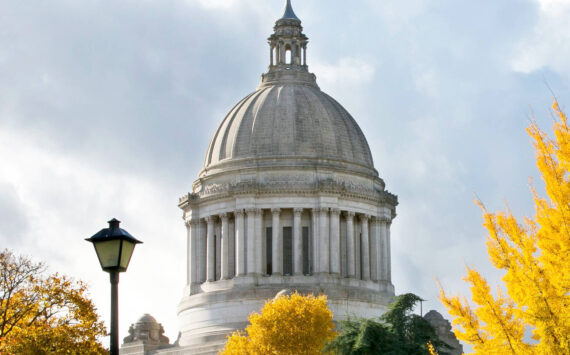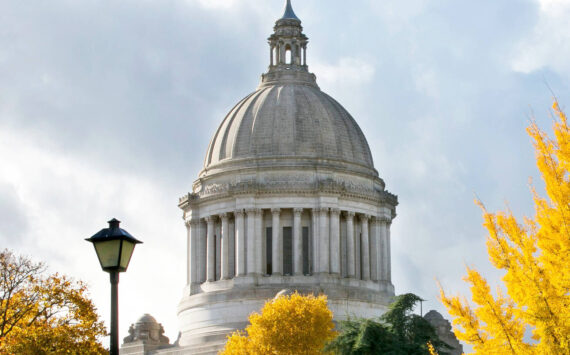By Don C. Brunell
In the 1990s, “things go better with Coca Cola” was the catchy slogan that dairy farmers dreaded. At the time, milk producers were in a head-to-head battle with soft drink giants and losing market share.
Milk consumption had steadily declined over the previous two decades. One key reason was aggressive advertising by bottlers of iced tea, water, and soda pop. By 1993, nationwide milk consumption declined 20 percent and was down to less than one cup per person per day, Savuer.com reported.
So, in 1993 California’s dairy industry decided to mount an aggressive advertising effort to reverse the trend. It was coordinated by the California Milk Processor Board (CMPB) with a $23 million budget. The Board collected three cents per gallon from the industry to pay for it.
The campaign, branded as Got Milk, was one of the most successful ever. It increased consumption by effectively using humor, catchy taglines, and celebrity endorsements. For example, it was a popular game guessing who would next appear sporting a white Milk Moustache over his or her upper lip.
However, today the battle for survival is not as much about consumer buying preferences as it is about public understanding about industry’s environment improvements. More specifically, it is about dairy farmers’ initiative to control greenhouse gas emissions, particularly methane.
According to Environmental Protection Agency (EPA), all agriculture is responsible for 24 percent of greenhouse gases (GHG) worldwide. Globally, beef and dairy cattle contribute 9 percent of the total.
Anaerobic digesters prevent methane from escaping into the atmosphere because the lagoon’s surface is covered, and the gases are trapped inside.
The captured gases are often injected into natural gas pipelines to power vehicles. It is renewable natural gas (RNG). RNG replaces more carbon-intensive gasoline and diesel. A portion of the methane is used to generate electricity and heat farm buildings and homes.
For example, in Snohomish County there is a joint effort between the Werkhoven Dairy in Monroe and the nearby Tulalip Tribes. In 2008 a digester was installed at the farm to capture methane and to keep manure from running off fields into the nearby Skykomish and Snoqualmie rivers adversely impacting salmon runs.
“It is a collaboration between the dairy, the nearby Tulalip Tribes and since 2014, Snohomish County PUD pays Qualco Energy for the methane that’s captured in the digester to run a generator that provides renewable power for nearly 700 homes,” KNKX (NPR) Bellamy Pailthorp reported.
Eight dairy digesters, using manure from a dozen dairies, have been installed in Washington State since 2004, Washington’s Dept. of Ecology reports.
Back in California, dairy farmers have had challenges with the environmental battle. Rather than just watching the back and forth jousting between scientists, the California Milk Processor Board (CMPB) decided it needed public understanding and information from its perspective.
It took a page from Got Milk and launched its “Happy Cow” campaign with a clever stick puppet cartoon clip called Cow Power featuring talking singing and dancing Holsteins and cow pies. It is an old fashion hoedown with swinging guitar paying cows, fun music, and catchy ditties. Lovable puppets announce that “California is going greener with little bit of brown.”
The ad lit up the internet. It is simple, understandable, and entertaining. Manure is collected and dumped into a digester. Dung is cooked and comes out as renewable gas which is less polluting than diesel and gasoline. Gone is the methane from rotting open-air cow pies and a byproduct is a more friendly fertilizer. It also is safer for fish and minimizes water contamination.
Hopefully, Cow Power leads to a better understanding of efforts on our farms to eliminate pollution. We need to remember that farmers feed our hungry world.
*****
Don C. Brunell is a business analyst, writer, and columnist. He retired as president of the Association of Washington Business, the state’s oldest and largest business organization, and now lives in Vancouver. He can be contacted at theBrunells@msn.com.





